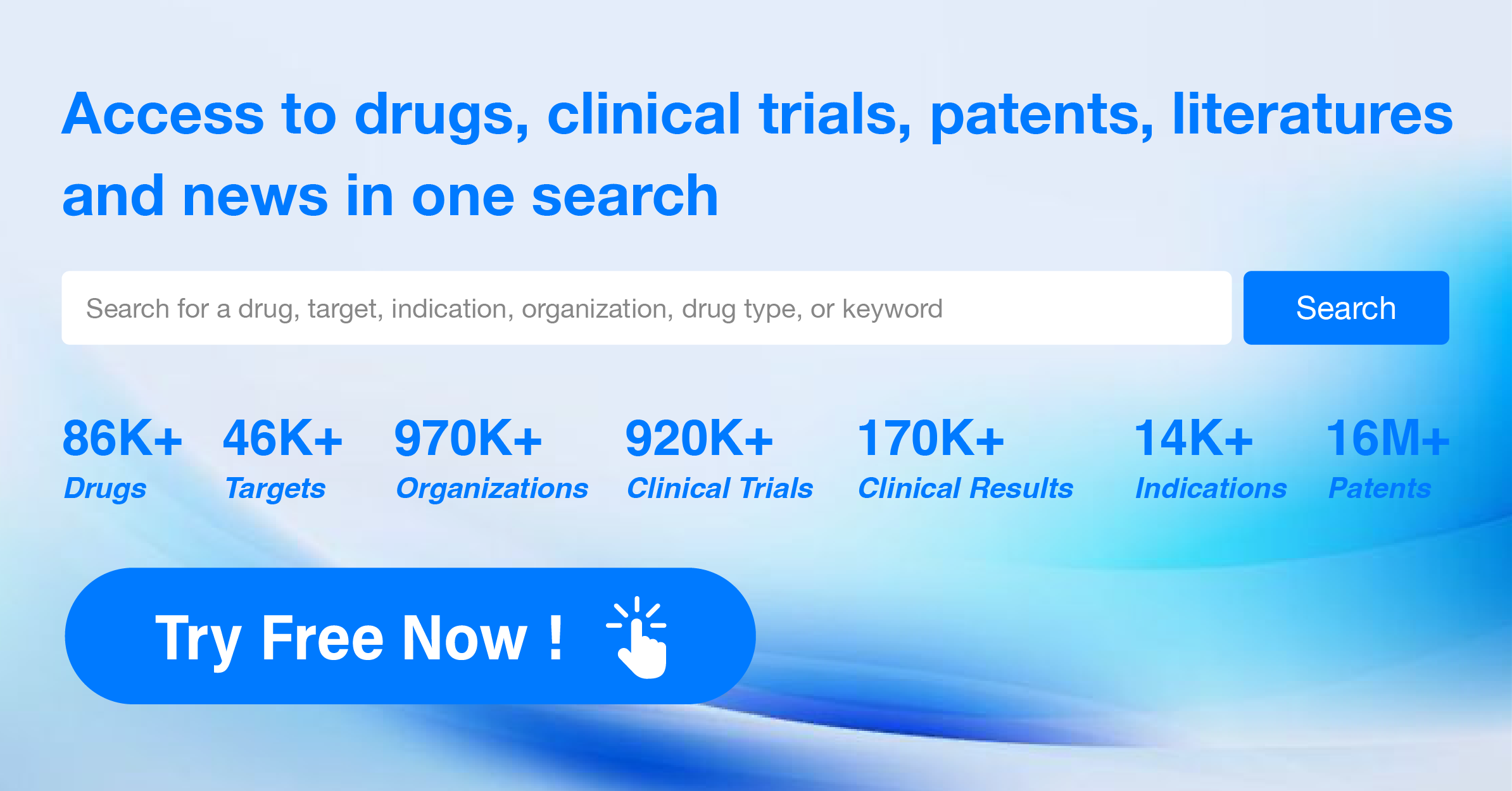First Patient Receives AVB-101 Gene Therapy in ASPIRE-FTD Trial for Frontotemporal Dementia Linked to GRN Gene Mutations
April 15, 2024 —An innovative gene therapy named AVB-101 is currently under investigation to treat frontotemporal dementia (FTD) caused by progranulin (GRN) gene mutations. This therapy aims to deliver a functional GRN gene to the brain, potentially halting disease progression. The ASPIRE-FTD trial, which marks a significant step for adult neurodegenerative diseases, has begun enrolling patients in Europe and the United States. The first patient has been treated in the Phase 1/2 ASPIRE-FTD trial, which is evaluating the safety and preliminary efficacy of AVB-101. AviadoBio, the company behind the therapy, is focused on developing transformative medicines for neurodegenerative disorders. The treatment is a potential one-time therapy that could stop the progression of FTD by restoring progranulin levels in the brain's affected areas.
FTD is a severe form of early-onset dementia that often results in death within a decade of diagnosis. It is characterized by personality changes, behavioral issues, language loss, and reduced mobility. The condition is a leading cause of dementia in individuals under 65 and is frequently misdiagnosed. AVB-101 is delivered through a minimally invasive procedure directly to the thalamus, a brain region with extensive connections to areas critical for FTD symptoms.
The Interventional Neurotherapy Center at Mazowiecki Szpital Bródnowski Hospital in Poland is the first European center to perform MRI-guided infusions of gene therapies, including the intrathalamic administration of AVB-101 in the ASPIRE-FTD trial. The therapy has received Fast Track designation from the U.S. FDA, which expedites the review process for drugs addressing serious conditions with unmet medical needs.
The ASPIRE-FTD study is an open-label, multi-center, Phase 1/2 dose-escalation study. More details about the study can be found on the ClinicalTrials.gov website. AVB-101 is an investigational gene therapy containing a non-mutated version of the GRN gene, designed to restore brain progranulin levels and potentially slow or stop the progression of FTD-GRN. FTD is a leading cause of dementia in younger individuals, with a significant impact on work, family, and finances. Genetic FTD cases, which include those with GRN mutations, account for about one-third of all cases. AviadoBio, founded on research from King's College London and the UK Dementia Research Institute, is dedicated to translating scientific breakthroughs into life-changing medicines for FTD and ALS patients. The company's leadership team has extensive experience in gene therapy development, delivery, and commercialization.
How to obtain the latest research advancements in the field of biopharmaceuticals?
In the Synapse database, you can keep abreast of the latest research and development advances in drugs, targets, indications, organizations, etc., anywhere and anytime, on a daily or weekly basis. Click on the image below to embark on a brand new journey of drug discovery!



